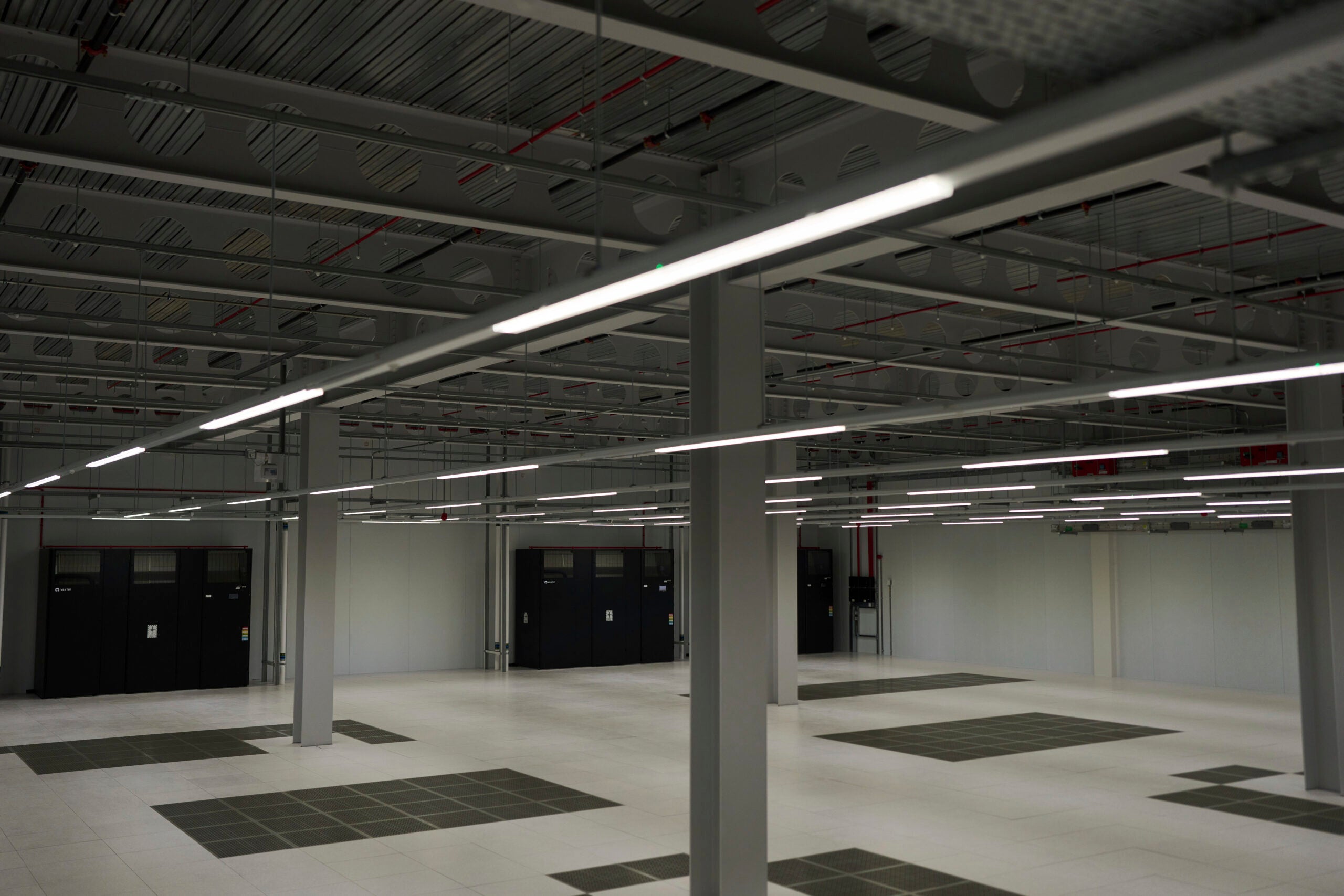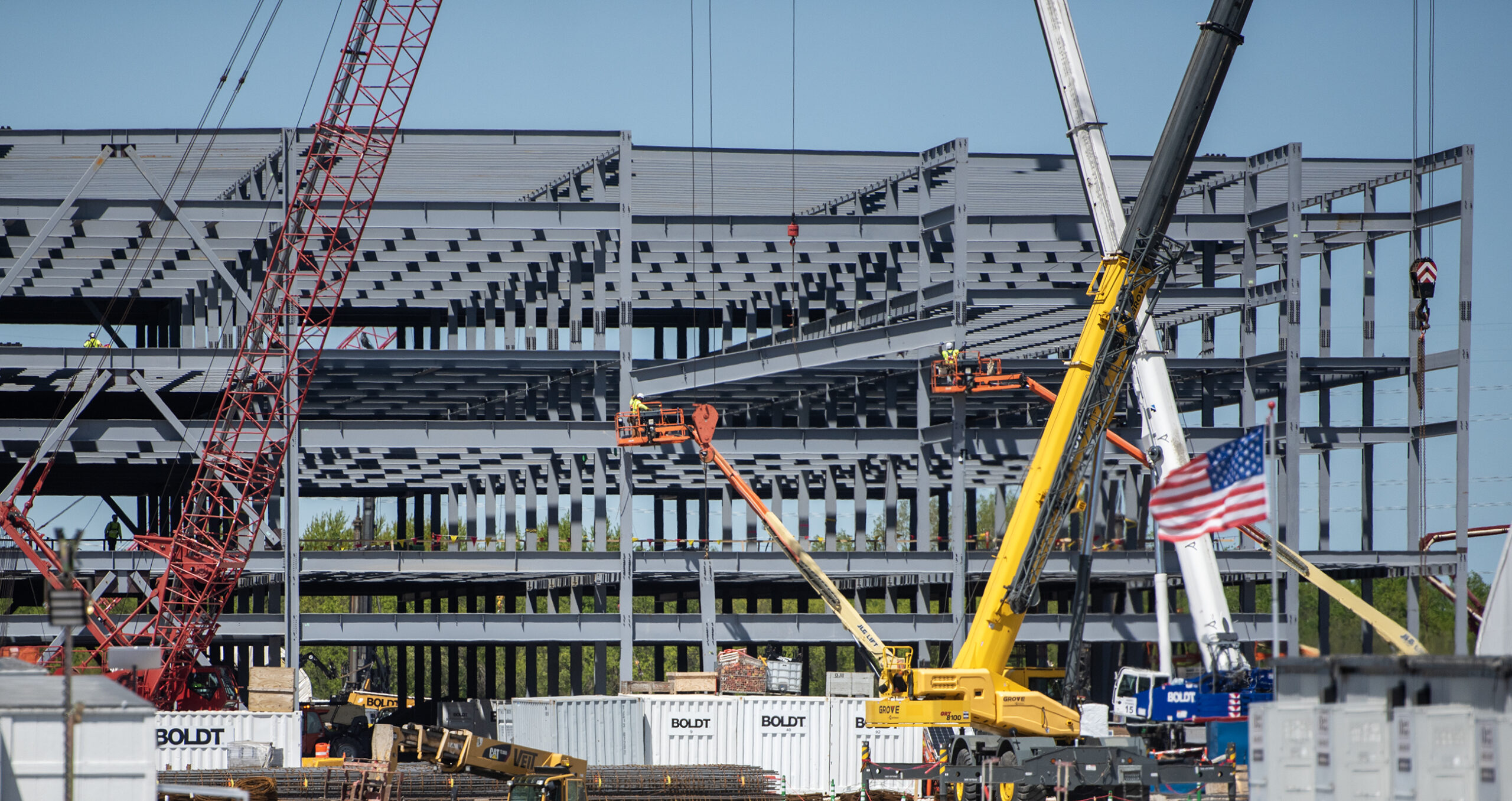On the south side of Janesville, 240 acres of rubble are slowly overgrowing with saplings and tall grasses.
The land has stood vacant since General Motors closed its Janesville Assembly Plant in April 2009. About 1,200 people worked there at that time, down from a 1970s peak of 7,000 employees. It first opened in 1919, building tractors before turning to Chevrolet trucks.
Commercial Development Company, a Missouri-based corporation, bought the site from GM in 2017, completing demolition work two years later.
Stay informed on the latest news
Sign up for WPR’s email newsletter.
The company specializes in brownfield redevelopment. It is bringing logistics facilities to a 3,100-acre peninsula in Maryland that once hosted a steel mill and preparing a former Massachusetts power plant site for future wind energy cable manufacturing.
But it hasn’t pitched anything for the GM site that “you would want in the middle of the neighborhood,” according to Janesville Economic Development Director Jimsi Kuborn. The company had previously proposed a train-to-truck intermodal cargo facility that it claims the city “slow-walked.”
Kuborn also said Commercial Development Co. is delinquent in property taxes and utility bills.
“Two-hundred forty acres with falling down fences, with holes in the ground, where you’ve got sinkholes, where you’ve got so much that is compromised,” said Kuborn. “They are making a negative economic impact in the middle of our city.”
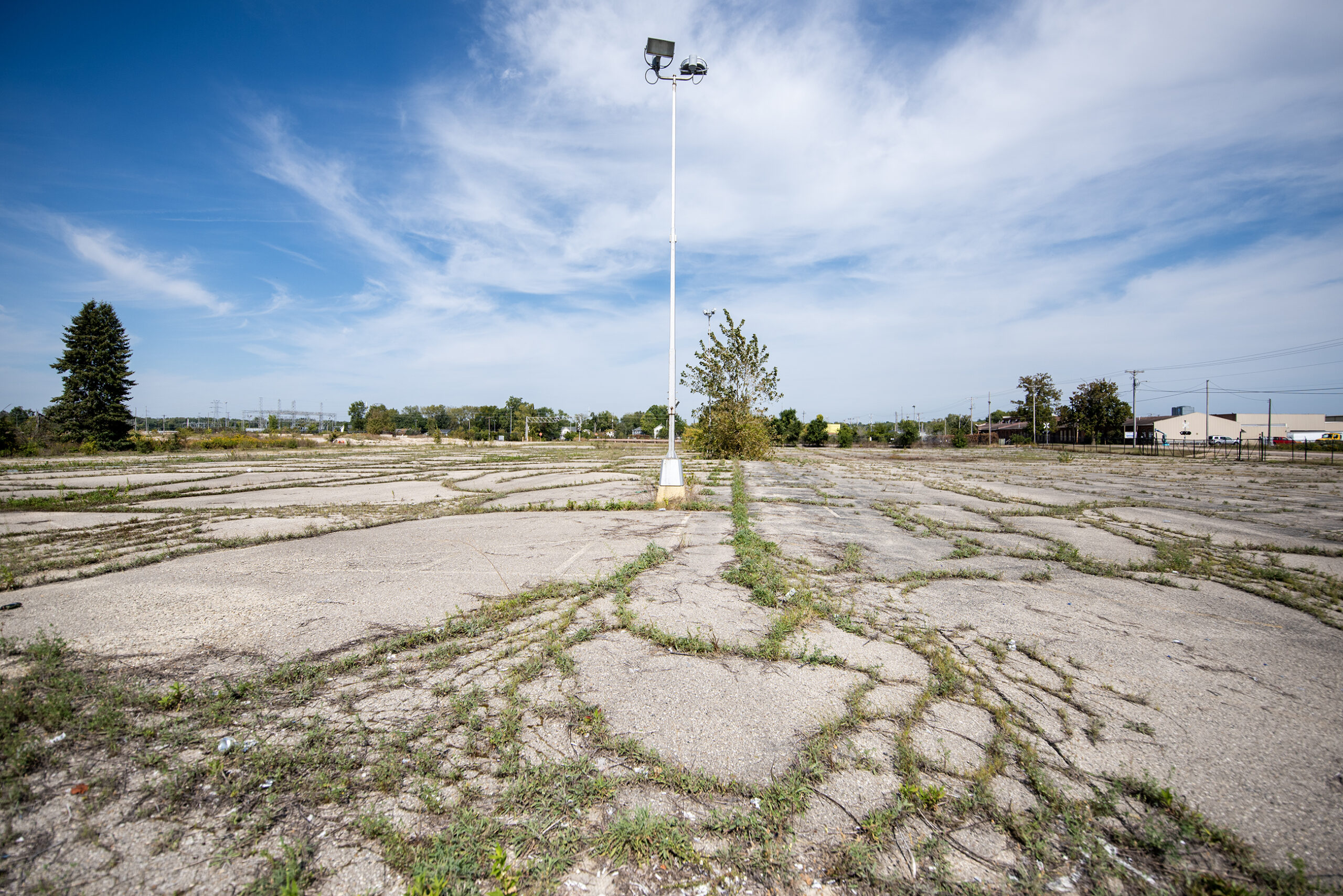
Now, the city is using state statutes on condemnation of blighted property to take possession of the site. The condemnation order includes four nearby properties with other owners, including a drone photography business and Zoxx Social Club, a popular tavern.
“We truly believe that we have an opportunity to make an economic difference for something that sits right in the middle of our city,” said Kuborn about the city’s move to take ownership.
Commercial Development Company could not immediately be reached for comment.
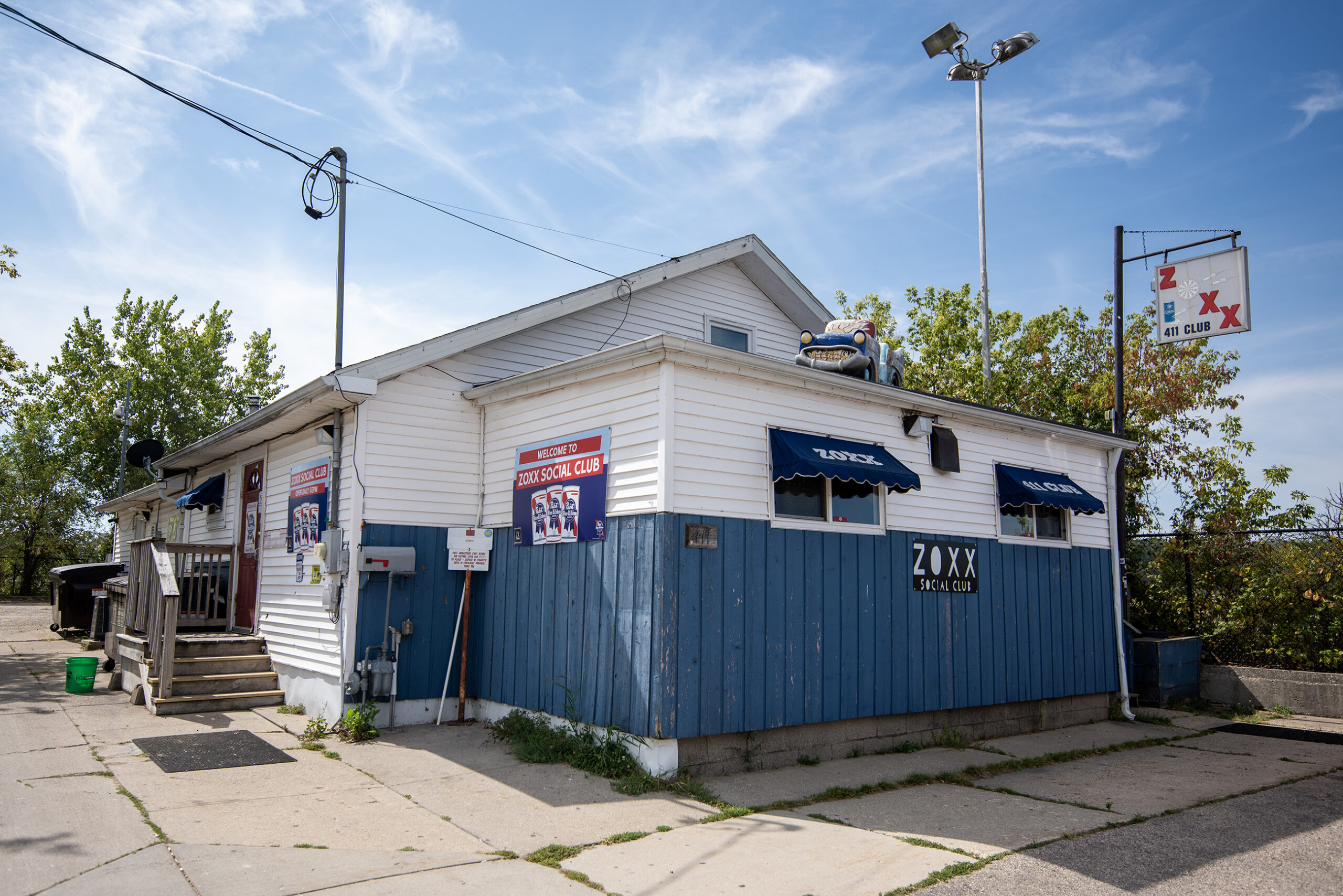
Condemnation process started early this year
In February, Janesville’s City Council approved a relocation order for the five property owners. It was the first step in Wisconsin’s legal process for municipal condemnation due to blight.
The city has been conducting appraisals of the impacted properties and plans to send the numbers to property owners in the next thirty days.
Then, landowners have a window to make counter-appraisals, which opens negotiations between both parties.
After the city makes its final, post-negotiation offer, the landowner has forty days to appeal the condemnation of their property in court. Landowners also have a window to sue for more compensation after accepting the final offer.
“At this point, we are sending out — or have sent out —the appraisal reports to the property owners,” said Janesville City Manager Kevin Lahner.
Historic tavern to be condemned
Zoxx Social Club is surrounded on three sides by the rubble of the demolished GM factory site. From the 1930s until the plant closed in 2009, it was surrounded by the factory’s parking lot near the plant’s main, northern entrance.
“A lot of the GM employees, if you ask them, Zoxx felt like an extension of the plant,” said Andy Wilson, who bought the tavern in 2020 with his wife, Desiree. He had tended bar there since 2010.
The couple hired bouncers, reshuffled employees and repainted the wooden walls. They also started an open music jam that attracts musicians looking for bandmates, as well as comedians and poets trying out new material.
Andy Wilson, who grew up in a deaf family, said the bar hosts meetings of the Janesville Deaf Club.
“We give them a place to go the first Saturday of every month, and this place is packed. Packed,” said Desiree Wilson.

They said the city hasn’t been transparent with them about the condemnation process.
Desiree Wilson said they heard rumors the future of the property was going to be discussed at a February city council meeting. She said they learned their property could be condemned while attending the meeting.
“It is scary for us,” said Andy Wilson. “I feel like we’re being blindsided, and we’re not going to be able to do anything.”
In an email, Lahner said that state statutes don’t allow for appeals against a condemnation status until the negotiation phase.
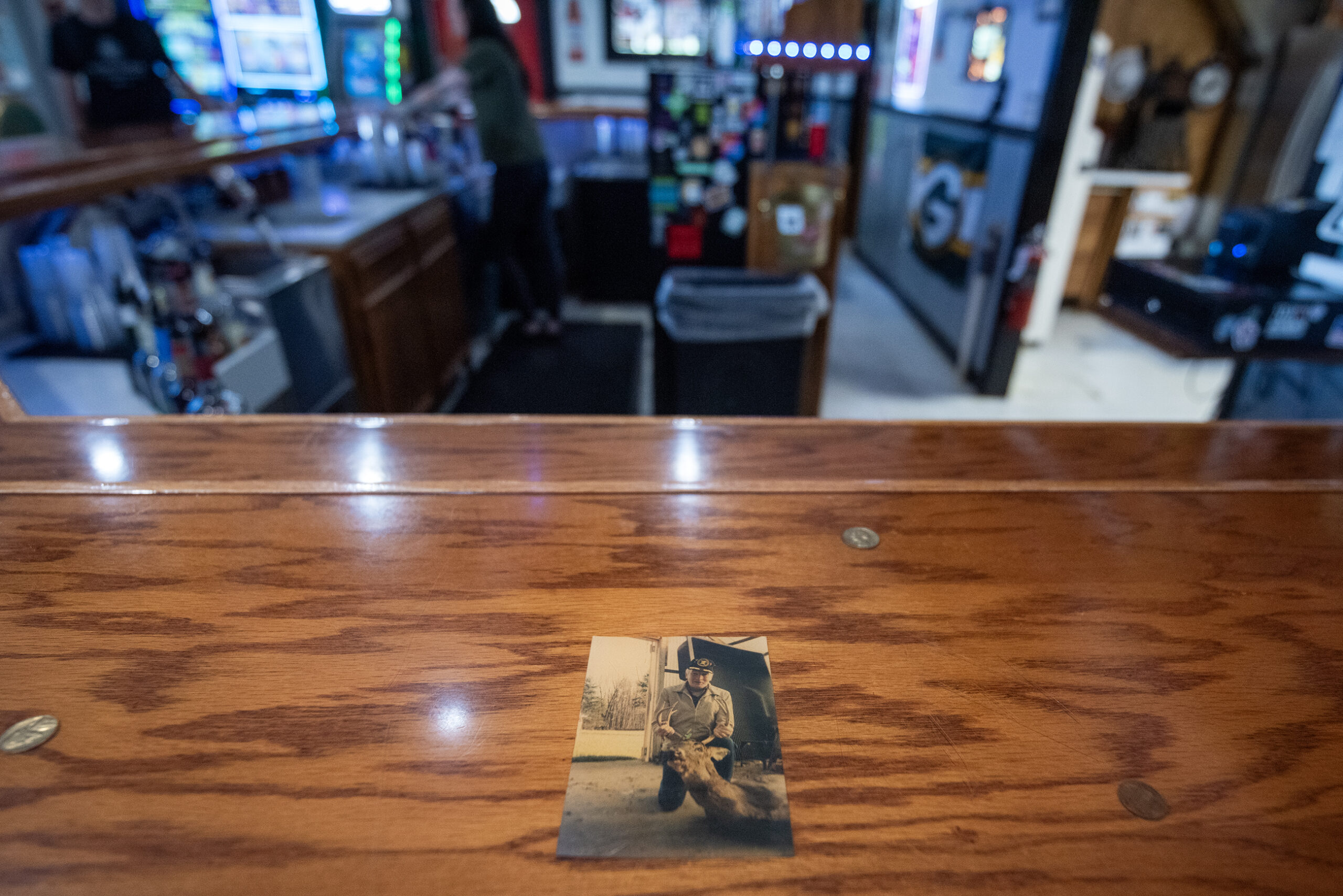
Acquisition of property first step in larger plans
Janesville must obtain ownership of the GM site in order to apply to a $20 million EPA grant that could fund the first phase of redevelopment.
Kuborn said the grant, which invests in environmental justice projects, will go toward building housing, parks and a community building on about 40 acres at the site’s southern end. That area was used for storage and distribution of new vehicles, making it less contaminated than land used for manufacturing facilities.
Blackhawk Technical College, the School District of Janesville or the South Central Wisconsin Builders Association could run programs in the community building, Kuborn said. Trainees with the association would also help build the planned houses.
She said the city later plans to apply for EPA Assessment Grants to screen the rest of the 240 acres, including the location of the factory building itself, for environmental contamination.
“The vast majority of the feedback has been very positive in regards to the grant,” said Lahner, the city manager.
The city held three feedback sessions this month. Lahner singled out open space, parkland, trails, and housing as popular aspects of the city’s plan for using potential grant funding.
Lahner said the public can expect more detailed plans of what Janesville would do with the potential $20 million EPA grant within the next two weeks.
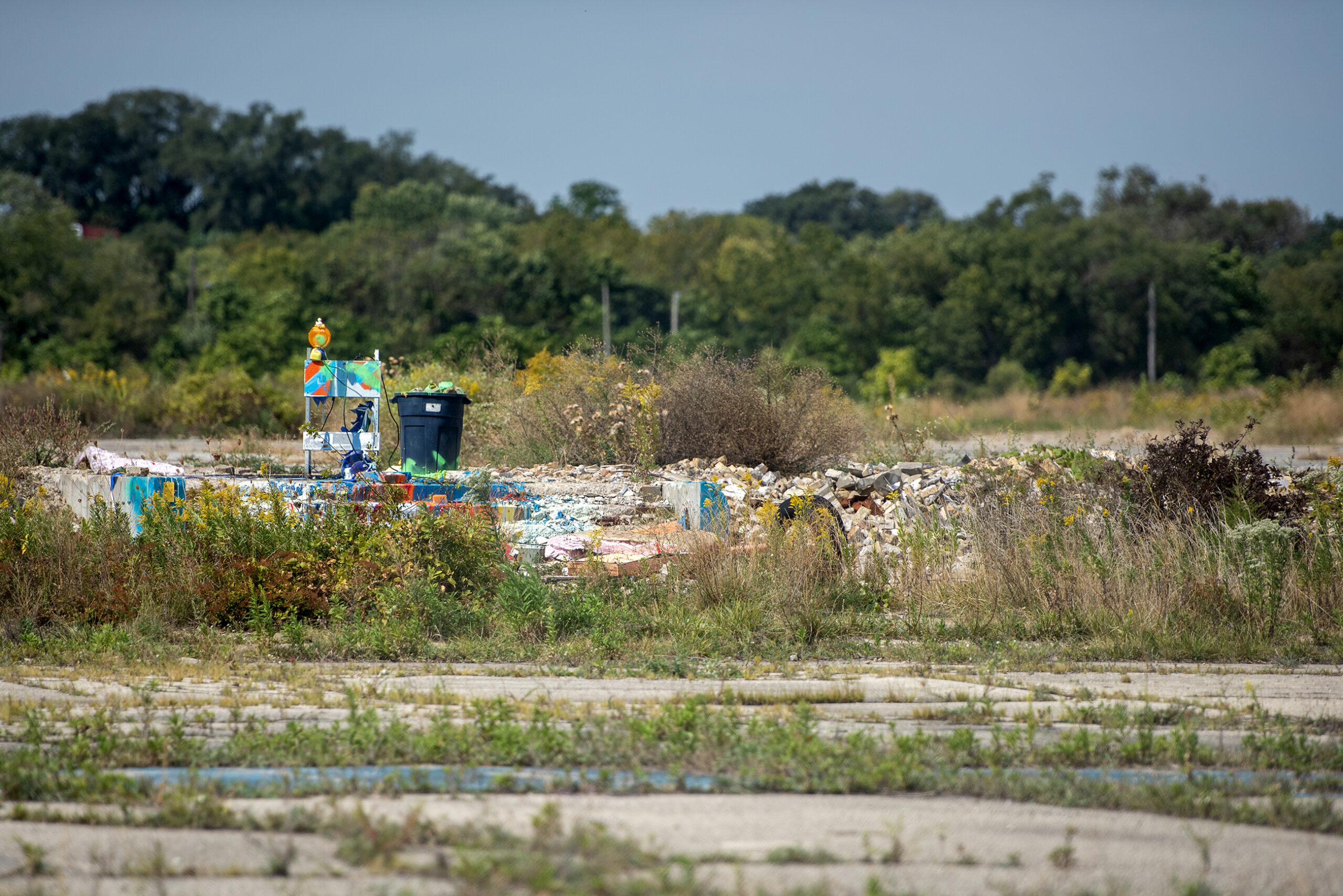
Competing views of Janesville’s south side
Bar owner Andy Wilson agreed the site has potential for redevelopment, but expressed skepticism of the city’s plans. He said they typically focus on downtown Janesville over the city’s south side. The formerly industrial area has seen little investment since GM closed.
“Zoxx has been a reason for people to be on the south side,” he said.”The little bars and the little businesses that people do enjoy frequenting — if you take that away, you’re just taking away another reason for somebody to go the south side.”
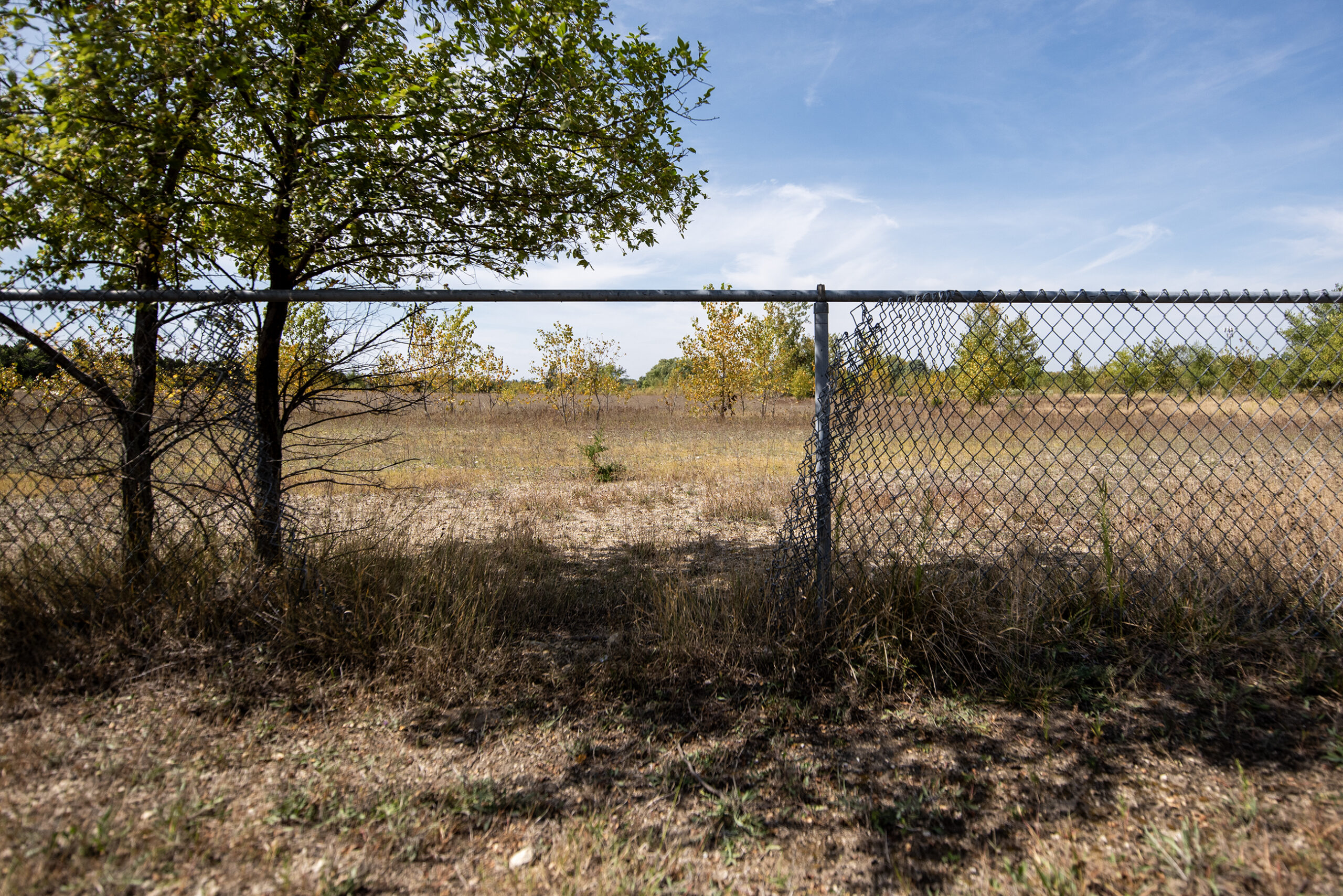
Carolina Sarmiento, who studies urban development’s impacts on working-class cultural spaces at the University of Wisconsin-Madison, said redevelopment plans rarely include supports for existing businesses.
“The way we see a cost-benefit analysis, usually the costs don’t include this type of cost. The relationships that are established in those spaces — it’s hard to quantify in numbers,” Sarmiento said.
“The truth is that these spaces aren’t easily replaced. By the spaces I mean not just the physical infrastructure, but the relationships, the history,” she said.
But city ownership of the area will allow Janesville to make a master redevelopment plan, according to Kuborn, who said the city “will throw it to the community” once the site is city-owned and cleaned up.
“So that’s our plan — once we have ownership — is now we, as a community, work together to create: what’s the vision? What’s the future of those sites?” she said.
Wisconsin Public Radio, © Copyright 2025, Board of Regents of the University of Wisconsin System and Wisconsin Educational Communications Board.





